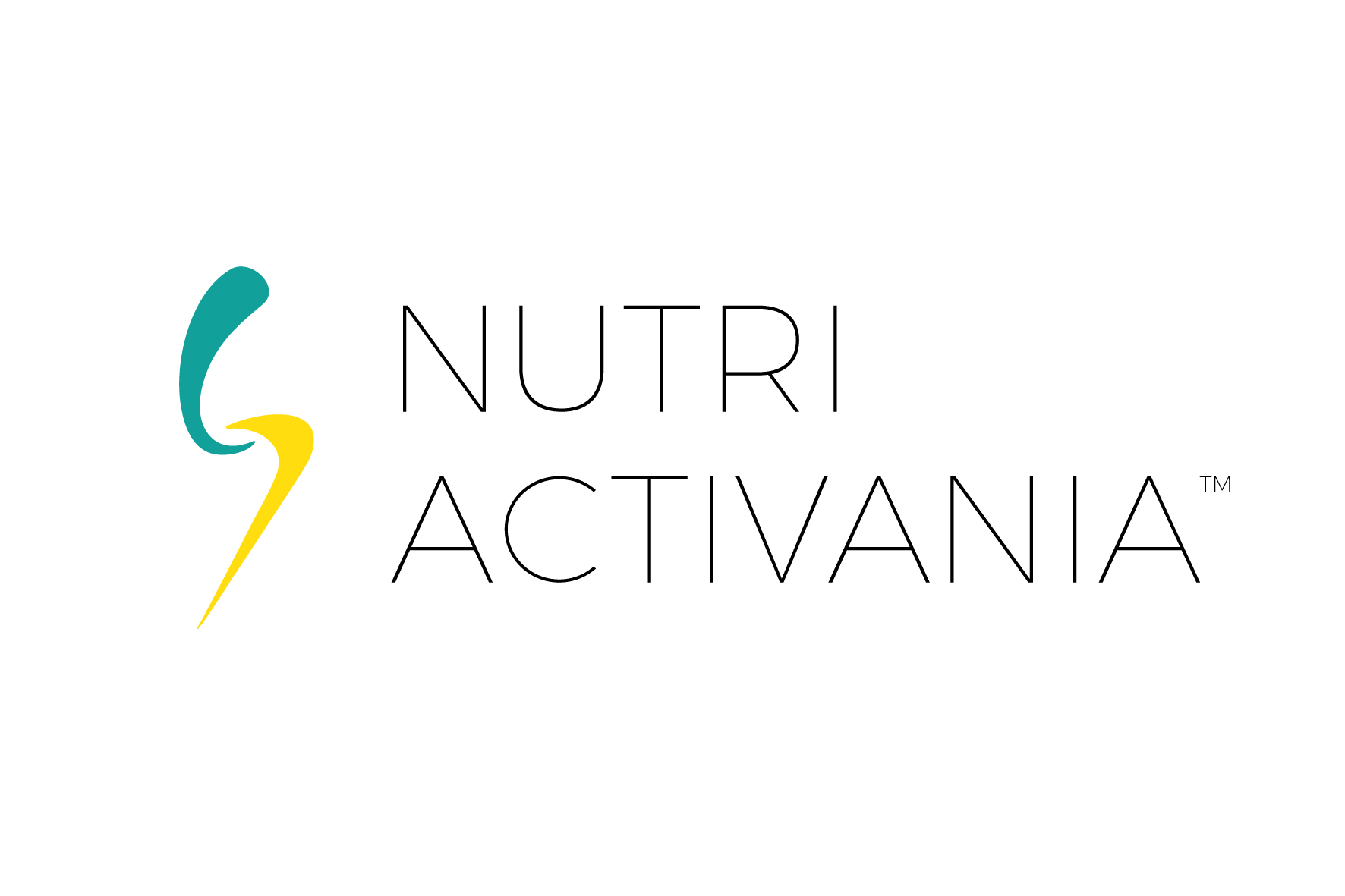Hyponatremia or muscle cramps happen to endurance athletes when there is abnormal water retention in the body or more than the usual loss of sodium because of excessive sweating. An athlete should be treated immediately if he feels weak, lethargic, nauseated, bloated, confused or if he has muscle cramps, headache, slurred speech or swollen hands and feet after exercise. Those symptoms, if not treated on time, can be fatal in the worst case scenario.
The rate at which an athlete sweats vary from one to another. There are a few who lose more sodium in their sweat than others. Therefore, their fluid intake should also be taken into consideration when planning their diet. Sometimes excessive fluid intake, especially that of plain water, also leads to hyponatremia. Triathletes, cyclists, slow runners and a few other athletes too who have an opportunity to hydrate themselves in the middle of the competition or performance, sometimes drink more fluids than their bodies require leading to hyponatremia. Women athletes have been found to be more prone to having hyponatremia due to their biological or behavioural reasons. Experts recommend that if the athletes are exercising or training for more than an hour at a stretch, then they should drink sodium containing fluids or eat salty foods with water to balance the electrolytes in the body which have been lost due to sweating.
It is essential for endurance athletes to be hydrated before they start their exercise routine and also keep replenishing their body fluids during their regimen. Over-exertion during exercise, dehydration and electrolyte imbalance can cause muscle cramps. Consumption of sodium-rich foods like legumes, fruits, vegetables and low-fat dairy on a regular basis along with added sodium help prevent cramps, especially when the weather is warm.
As it is said that “Prevention is better than cure”, athletes should take advice from an expert along with monitoring their sweat and urine discharge during exercise and training routine. Hydration is important but it should be done at an appropriate time and with essential nutrients added to get the full benefit of it.
About the author: Avni Kaul is India’s most trusted nutritionist and wellness coach. She is a certified nutritionist as  well as Diabetes Educator and specializes in weight management, child nutrition, skin and beauty health, thyroid disorder, cardiovascular health, diabetic management, wedding nutrition, sports nutrition, and corporate wellness.
well as Diabetes Educator and specializes in weight management, child nutrition, skin and beauty health, thyroid disorder, cardiovascular health, diabetic management, wedding nutrition, sports nutrition, and corporate wellness.
- WORLD BLOOD DONOR DAY - June 14, 2019
- How To Cope with Organizational / Professional Stress with Simple and Easy Diet change? - March 15, 2019
- 5 Essential Nutrients you must have Every Day for Beautiful & Healthy Skin - February 23, 2019
